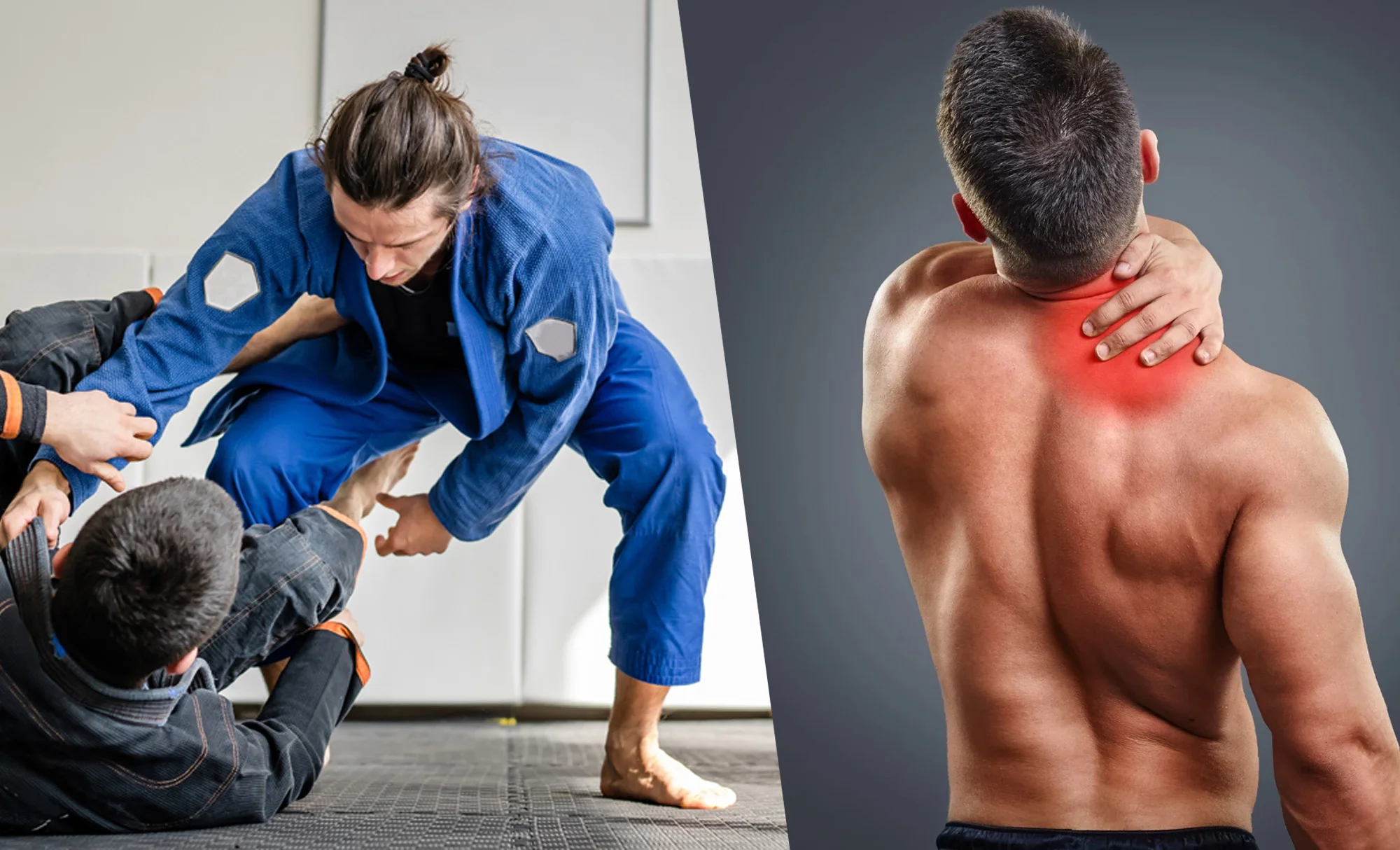Injuries are inevitable on any sporting journey, but Jiu-Jitsu emerges as a powerful tool not only for improving self-defense skills, but also for accelerating injury recovery. In this post, we will explore how Jiu-Jitsu stands out as an effective therapy and analyze its advantages over other martial arts.
1. Gradual Adaptation
Jiu-Jitsu allows for gradual adaptation to training, making it accessible to people at different stages of recovery. Practice begins with basic movements, and practitioners can progress as they feel comfortable, minimizing the risk of reinjury.
2. Emphasis on Technique
Unlike some more impactful martial arts, Jiu-Jitsu prioritizes technique over brute strength. This means the emphasis is on fluid movements, body control and strategic positioning, reducing unnecessary stress on injured areas.
3. Core Development
Many injuries are related to core weakness. Jiu-Jitsu, with its emphasis on core movements, contributes to the development and strengthening of this region, providing a solid foundation to prevent injuries and accelerate recovery.
4. Functional Training
Jiu-Jitsu’s advanced techniques involve a variety of functional movements that translate directly to everyday life. This not only aids in rehabilitation, but also promotes improved overall fitness.
5.Intensity Control
Jiu-Jitsu allows practitioners to control the intensity of training. During recovery, it is crucial to avoid situations that could worsen injuries. Control over the training pace is a valuable feature of Jiu-Jitsu in this context.
Advantages over Other Martial Arts
Minimum Physical Impact
Compared to more intense martial arts, such as Muay Thai or Kickboxing, Jiu-Jitsu offers less physical impact, making it friendlier to those recovering from injuries.
Emphasis on Self-Defense
Jiu-Jitsu focuses on techniques that enable practitioners to control and neutralize their opponent without causing excessive damage. Not only is this effective in self-defense, it also reduces the risk of injury during practice.
Support Community
The community of Jiu-Jitsu practitioners often stands out for their mutual support. This creates a positive environment that encourages respect for individual boundaries and contributes to more effective recovery.
In conclusion, Jiu-Jitsu stands out as a versatile tool in injury recovery, combining advanced techniques with an approach focused on safety and technique. Its adaptability, emphasis on self-defense, and supportive community make it a singular choice for those looking to improve not only their athletic ability, but also their overall health and well-being. If you are looking for a high-performance therapeutic approach, Jiu-Jitsu could be the answer you are looking for.

